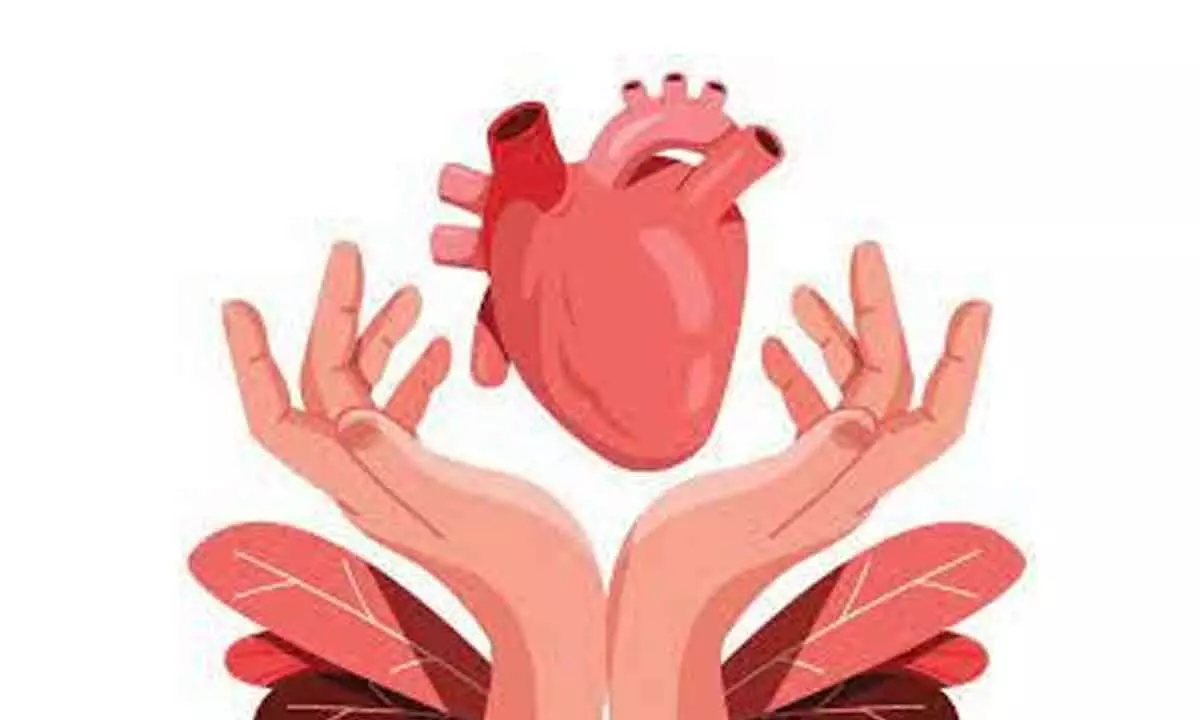India saw record organ transplants in 2022: Centre

New Delhi: India has witnessed a fast resurgence in organ transplant activities post COVID-19 and, for the first time, achieved more than 15,000 transplants a year in 2022, Union Health Secretary Rajesh Bhushan said on Sunday.
Along with this, there was an annual increase of 27 per cent in the transplant numbers, Bhushan said at the "National Organ and Tissue Transplant Organisation (NOTTO) Scientific Dialogue 2023", organised by the Union Ministry of Health. The event was organised to bring all the stakeholders under one roof to brainstorm ideas about interventions and best practices in the field of organ and tissue transplant that can be taken up for saving lives.
Bhushan said there has been a fast resurgence in organ transplant activities post Covid, and for the first time, the country has achieved more than 15,000 transplants a year (2022). There was an annual increase of 27 per cent in the transplant numbers, he added. The health secretary underlined three priority areas -- programmatic restructuring, communication strategy and skilling of professionals.
Highlighting the need to update the existing structures and guidelines, he said, "Though we have existing structures at various governance levels like NOTTO at the national level, SOTTOs at the state level and ROTTOs at the regional level, it needs to be ensured that they work as a well-oiled machinery while performing their mandate." Bhushan welcomed the changes that have taken place, such as updated guidelines and the domicile requirement being done away with.
He stressed the need for a rational use of the country's technical manpower and training and channelising them efficiently, along with optimal utilisation of the physical infrastructure and equipment, such as in tertiary care facilities. Underscoring the changing demography of the country, the health secretary noted that India has a growing geriatric population and to ensure quality of life for them, it is critically important to update the communication and awareness strategy, so that potential organ donors come forward.
He suggested wide orientation and re-orientation through training programmes, newly-designed courses and digital interventions for healthcare professionals and domain knowledge experts. He further added that "along with training programmes, wide publicity and awareness through not just print and electronic media but engaging with local stakeholders and non-governmental organisations (NGOs) can be taken up". Thus, he pushed for a multi-stakeholder exercise for communicating effectively and making people realise their contributions towards a greater good. Highlighting the need for capacity building of the country's medical institutions, Bhushan said, "Despite having 640-plus medical hospitals and colleges, transplants remain a specialised service limited to some hospitals only.














